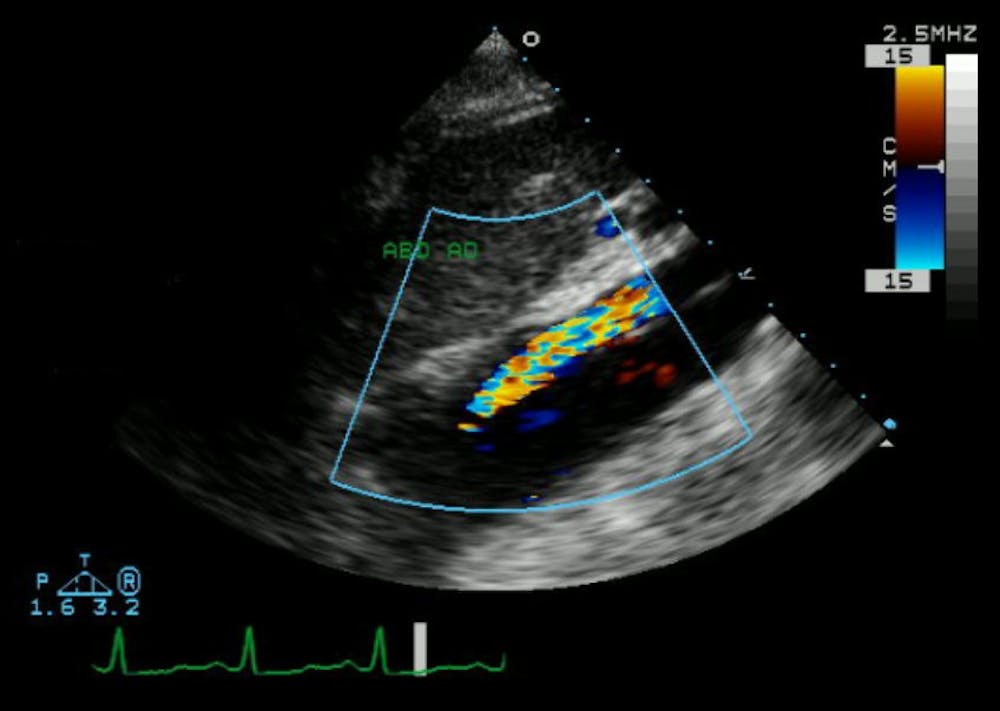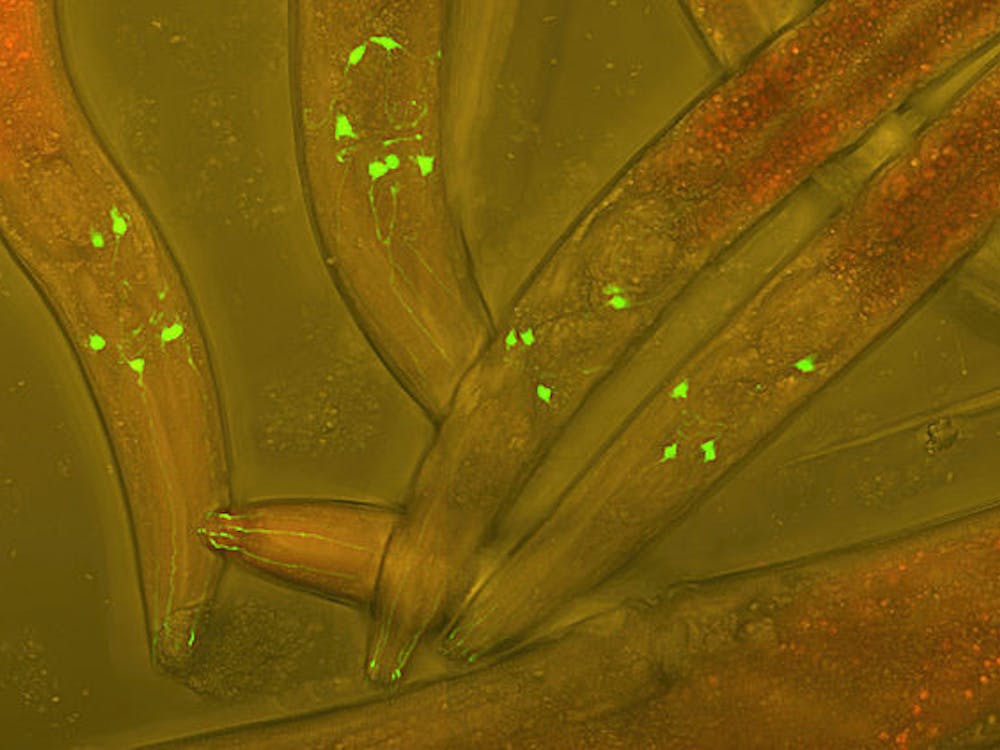April showers bring May flowers! The science news for the week includes a new cancer therapy and a study on growing heart organoids.
An improved therapy for solid cancer tumors
Researchers from the Peter MacCallum Cancer Centre in Australia have developed an improved chimeric antigen receptor (CAR) T-cell therapy.
The idea behind CAR T-cell therapy is simple: naturally occurring T cells, which act during an immune response, are engineered with the CAR receptor and re-infused into the host to enable them to fight off cancer more effectively. The CAR receptor adapts T cells to specifically bind against cancer cell antigens.
This new study improves the efficacy of treatment by using younger T cells that appear less differentiated from stem cells. Once engineered with the CAR receptor, these stem-like CAR T-cells can more readily reproduce into more CAR receptor-harboring cells.
Normal CAR T-cell therapy faces problems with efficacy over a sustained period due to poor CAR T-cell persistence and high exhaustion rates when fighting cancers. However, in preclinical models, the new T stem-like CAR T-cells have proven to be more robust over a long period and can be used with existing drug therapies to completely eradicate certain solid tumors.
The promising results indicate that this therapy may be used for treatment-resistant cancer types. The authors plan on studying this therapy’s efficacy for treating pediatric leukemia and solid organ cancers.
AI beats expert sonographers in assessing cardiac function
A study recently published in Nature found that AI could read echocardiogram and assess cardiac function better than trained sonographers.
As the name suggests, an echocardiogram is a tool that pulses sound waves to create a dynamic picture of the heart. It is commonly used to assess blood flow and the heart’s condition.
In a randomized clinical trial, the researchers observed that AI can improve the quality of echocardiogram imaging and diagnosis for patients. The cardiologists could not determine whether the echocardiogram assessment was made by the AI model or a sonographer.
Furthermore, trained cardiologists even agreed with AI assessments more frequently, correcting only 17% of its assessments while they corrected 27% of sonographers’ assessments.
According to the researchers, the data strengthens the argument that AI can be used to improve the health system’s quality.
Researchers grow heart organoid outside the human body
Researchers from the Technical University of Munich have recently generated a mini-human heart in the lab.
35,000 stem cells were spun into a spherical shape in a centrifuge and allowed to grow over a few weeks, periodically treated with different signaling molecules to mimic the development of the heart in an embryo. The organoid can contract from an electrical signal and contains heart muscle cells and other organizational features characteristic of a human heart, which is a major leap forward for the area of organoids.
In addition to observing the development of a normal human heart, these organoids can be used to model diseased hearts and assess different treatments without the need for labor-intensive animal experiments. In fact, by observing the lab-grown heart, researchers also discovered a new type of precursor heart cell that can repair fetal hearts.
This is only the first step: future studies still need to assess other organoids of different body parts to study disease progression and treatment options.
Drug companies condemn mifepristone ban
Last Friday, a federal judge in Texas ruled to revoke the Food and Drug Administration (FDA)‘s approval of mifepristone, a pill used to manage miscarriages and to induce abortions during early pregnancy.
Since this ruling, four hundred leaders of drug companies, including Pfizer, have signed a statement condemning the decision. This ruling marks the first instance of a court calling for the withdrawal of FDA approval and removing a drug from the market. If allowed to stand, the ruling could set a precedent that may change the process of drug approval in the United States.
While the ruling is set to go into effect seven days after its injunction (this Friday), the Justice Department has filed a motion to delay the ruling until appeals could be heard.





